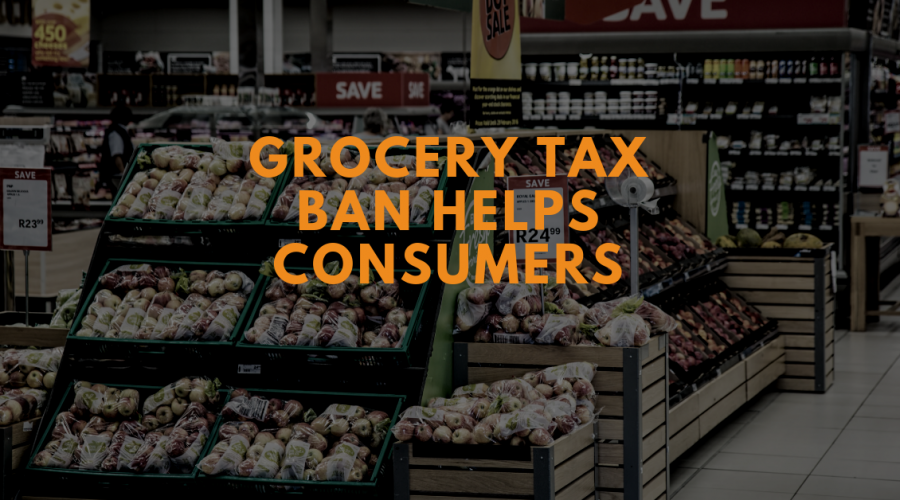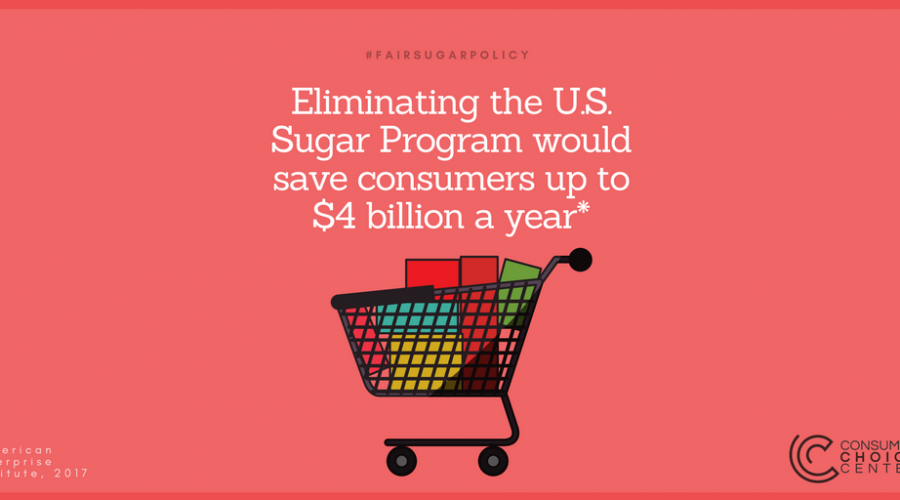Sin taxes are taxes on the poor
Nanny-state types know this. They just don’t care. In Britain, Europe and across the world, taxes on tobacco, alcohol and sugar are used by governments to try to push people into what they deem to be healthier lifestyles. Indeed, nanny-state policies are infesting Europe through its political institutions. In a recent memo, the European Commission set out plans […]









